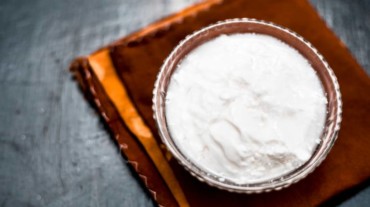
The creamy, slightly sour, curd has been a part of our diet and of our ancestors since the Vedic times. People across India consume curd post meal or as part of meal for boosting their digestive health and immunity. From curd rice, raita, dahi-cheeni to yoghurt, there are many ways of consuming this milk product.
Made by souring boiled milk naturally, curd has a wide variety of bacteria that nurture our digestive system and boost the overall immunity. It also serves as a healthy replacement of milk for people who are lactose intolerant and takes care of the calcium and phosphorous requirement. The lactose in milk is converted to lactic acid with the help of enzymes that are found in fermenting bacteria.

A powerhouse of riboflavin, Vitamin A, Vitamin B6, Vitamin B12, and pantothenic acid, curd also has lactic acid which helps in absorption of nutrients
In Ayurveda, there are certain rules of consuming curd to get maximum health benefits out of it. Ayurveda expert Dr Dixa Bhavsar shared the curd mistakes one should avoid.
“According to Ayurveda Curd is sour in taste, hot in nature, is heavy to digest (takes a longer period to undergo digestion)m increases fat (good for weight gain), improves strength, increases kapha and pitta (reduced Vata) and improves agni (digestive power),” says the expert.
* Curds should not be heated. It loses its properties due to heating.
* It is best to avoid curd in people with obesity, kapha disorders, bleeding disorders and inflammatory conditions.
* Curd should never be consumed at night.

* Curd should not be consumed on a daily basis. The only variation that can be consumed on a regular basis is churned buttermilk that has added spices such as rock salt, black pepper and cumin.
* Do not mix your curd with fruits as it is a channel blocker incompatible food. Long-time consumption would trigger metabolic issues and allergies.
Select Topics of your interest and let us customize your feed.
PERSONALISE NOW* Curd is incompatible with meat and fish. Any combination of curd cooked along with meats such as chicken, mutton, or fish will produce toxins in the body.
So if you want to have curd, have it occasionally, during the afternoon and in moderation, concludes Dr Bhavsar.